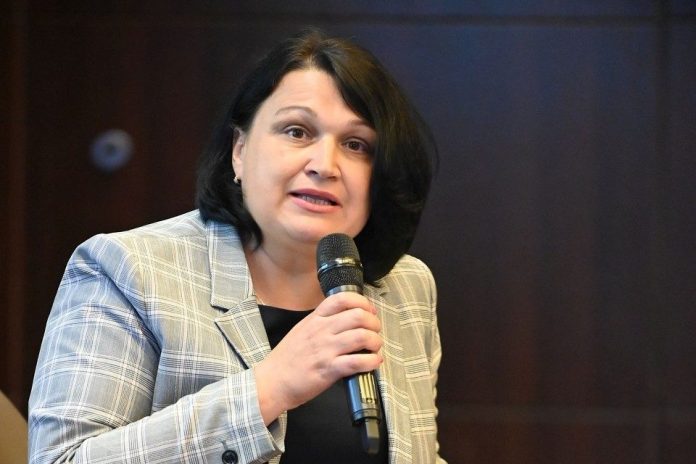“The Ministry of Environment comes with a consistent portfolio of reforms and investments within PNRR. We fully manage 3 components of the plan: water management, forests and biodiversity, waste management.
The Ministry of Environment has obtained approval from the European Commission for several types of investments: the establishment of voluntary collection centers (CAV) to ensure the separate collection of household waste for a series of waste streams resulting in 565 such platforms small and medium-sized communities that address communities of up to 50,000 inhabitants.
According to the timetable negotiated with the European Commission, the call for projects for these CAVs will open in the third quarter of 2022,” Mihaela Constanda, Adviser, Minister of Environment, Water and Forests said during Romania’s National Recovery and Resilience Plan Conference 2022 organized by The Diplomat-Bucharest.
“The second type of investment is the establishment of digital digitization islands for the separate collection of waste at the local level, especially for apartment blocks resulting in about 14,000 such units for the separate collection of waste that will be put into operation by June 30, 2026. , according to the timetable agreed with the European Commission. The budget allocation for these islands is about 200 million euros.
The projects will be implemented within state aid schemes that are now being developed with the Competition Council.
There are also 15 separate collection centers for large cities such as Bucharest, Constanta, Cluj-Napoca. The total budget for the project calls is 736 million euros. The financing rate granted through PNRR is 100 percent of the value of the eligible expenses.
We will also finance 26 waste recycling facilities and these will be put into operation by June 30, 2026. The budget allocation is 220 million euros, but it will have a co-financing rate of at least 25 percent, so the funding from PNRR will up to a maximum of 75 percent depending on the type of beneficiary and the development region to which it belongs.
Regarding the water management component, we have three types of investments addressed to local communities: 1) expansion of water and sewerage systems in agglomerations of more than 2,000 inhabitants. There is a budget allocation of 600 million euros here, and the first call for projects will be opened in July. 2) 200 million euros for localities with less than 2000 inhabitants; 3) 168 million euros: 88,000 vulnerable households will be connected to water and sewerage.”
Full recording of the conference here: https://www.youtube.com/watch?v=t5f1JNCEe-I&t=5504s




